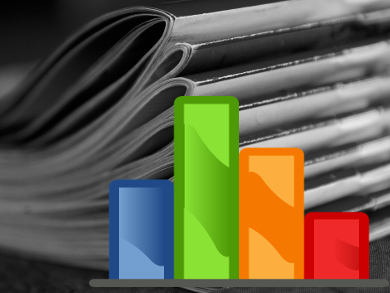The impact factor (IF) remains an important metric for scientific output, even though there are well-known concerns about its significance. The IF compares the number of citations to the number of articles published for a given journal. It was developed for librarians to help them to compare journal quality within scientific subject categories. However, today, the scientific quality of researchers is often measured and compared by the IF of the journals in which they publish.
Tobias Kiesslich, Paracelsus Medical University, Salzburg, Austria, and colleagues have systematically analyzed the impact factors of 49 journals with large IF changes between 2013 and 2014. They compared the relative contributions of the number of citations and the number of articles. The researchers classified the IF changes into “valid” and “invalid” ones, based on their ability to measure the quality of the journal.
For 18 % of the sample cohort, IF increases were classified as invalid because they were mainly based on a changing number of articles. The researchers warn of “the potentially delusive effect of IF increases gained through effective shrinkage of publication output”. They recommend a more careful consideration of the number of articles and the installation of a control mechanism to improve the expressiveness of the IF.
- Reasons for Journal Impact Factor Changes: Influence of Changing Source Items,
Tobias Kiesslich, Silke B. Weineck, Dorothea Koelblinger,
Plos ONE 2016.
DOI: 10.1371/journal.pone.0154199



